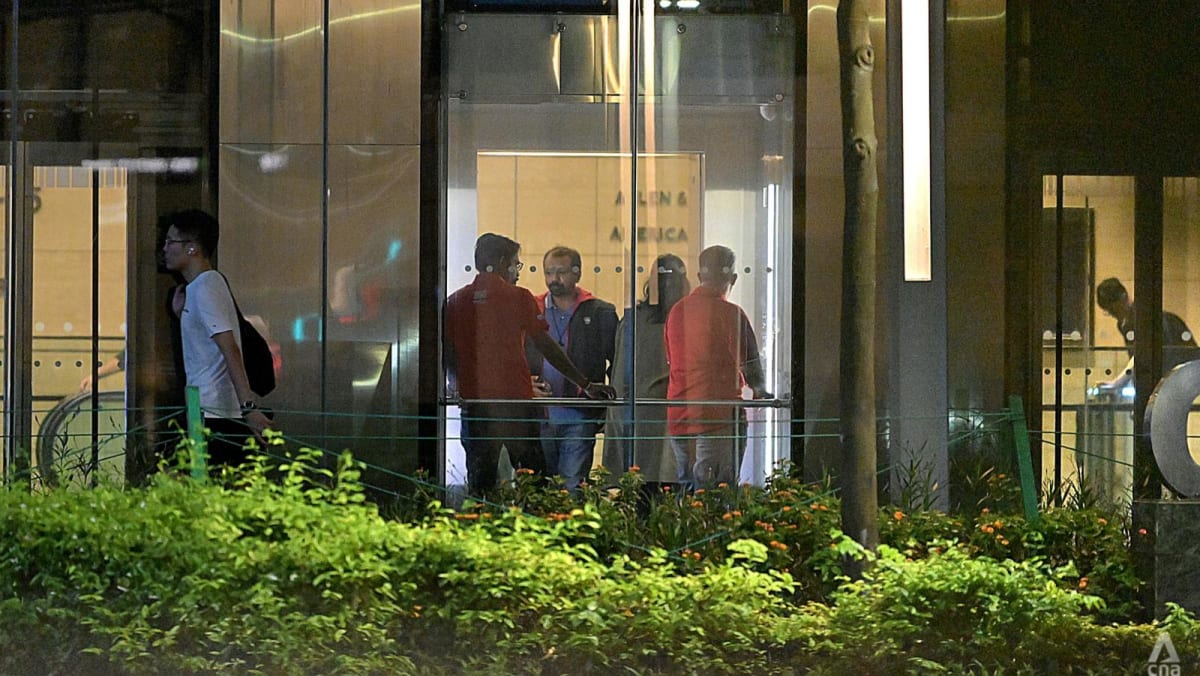ONLINE BUBBLES HAVE OFFLINE IMPACTS
These misunderstandings are not new, but they are made worse by the rise of digital communications.
Algorithms curate our online experiences, surrounding us with like-minded individuals, typically of similar age groups or cultural backgrounds. This limits our exposure to a diversity of communicative practices, making us less sensitive to how others might interpret the same words or gestures differently.
Baby Boomers, Gen X, Gen Y, Gen Z, and even Gen Alpha have each developed their own communicative rituals – often unbeknownst to one another.
Are you aware of how different generations communicate?
Here’s a simple test: Is there a difference between replying “Ok” (without a full stop) versus “Ok.” (with a full stop)?
Older generations typically use “Ok.” (with a full stop), viewing the effort to use proper punctuation as a sign of respect.
Younger generations, on the other hand, tend to perceive “Ok.” (with a full stop) as passive-aggression – the sender is upset enough to go through the hassle of adding that final punctuation.
I learnt that I had accidentally made students anxious just by replying “Ok.” to their requests – they thought I was upset with them.
If this surprises you, you might be in a communicative bubble.
Communicative bubbles make us less aware of the communicative rituals of others – the differences can be so subtle they go unnoticed – leading us to misinterpret their behaviour, or unintentionally act in ways that lead to misunderstandings, both online and offline.













